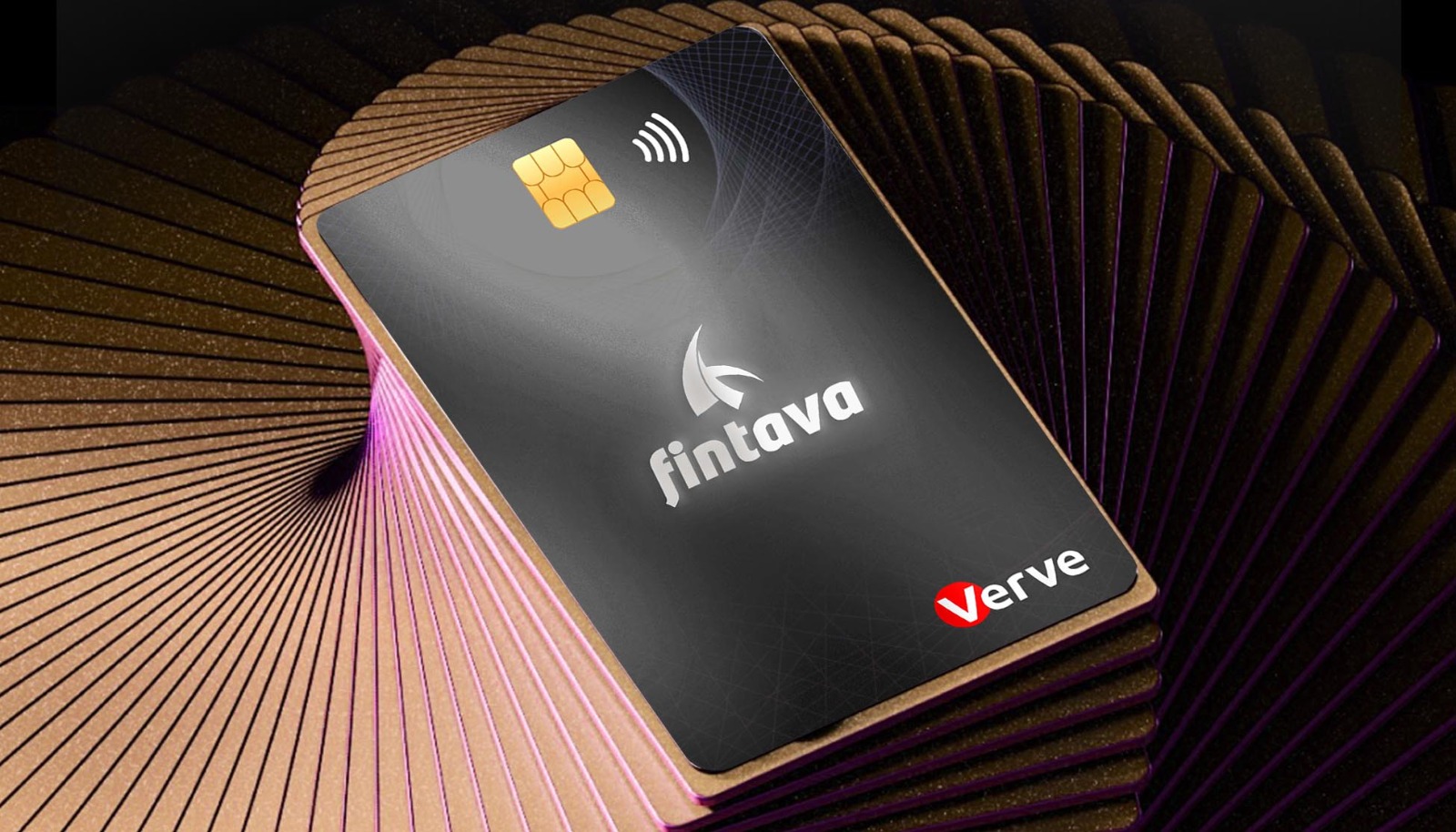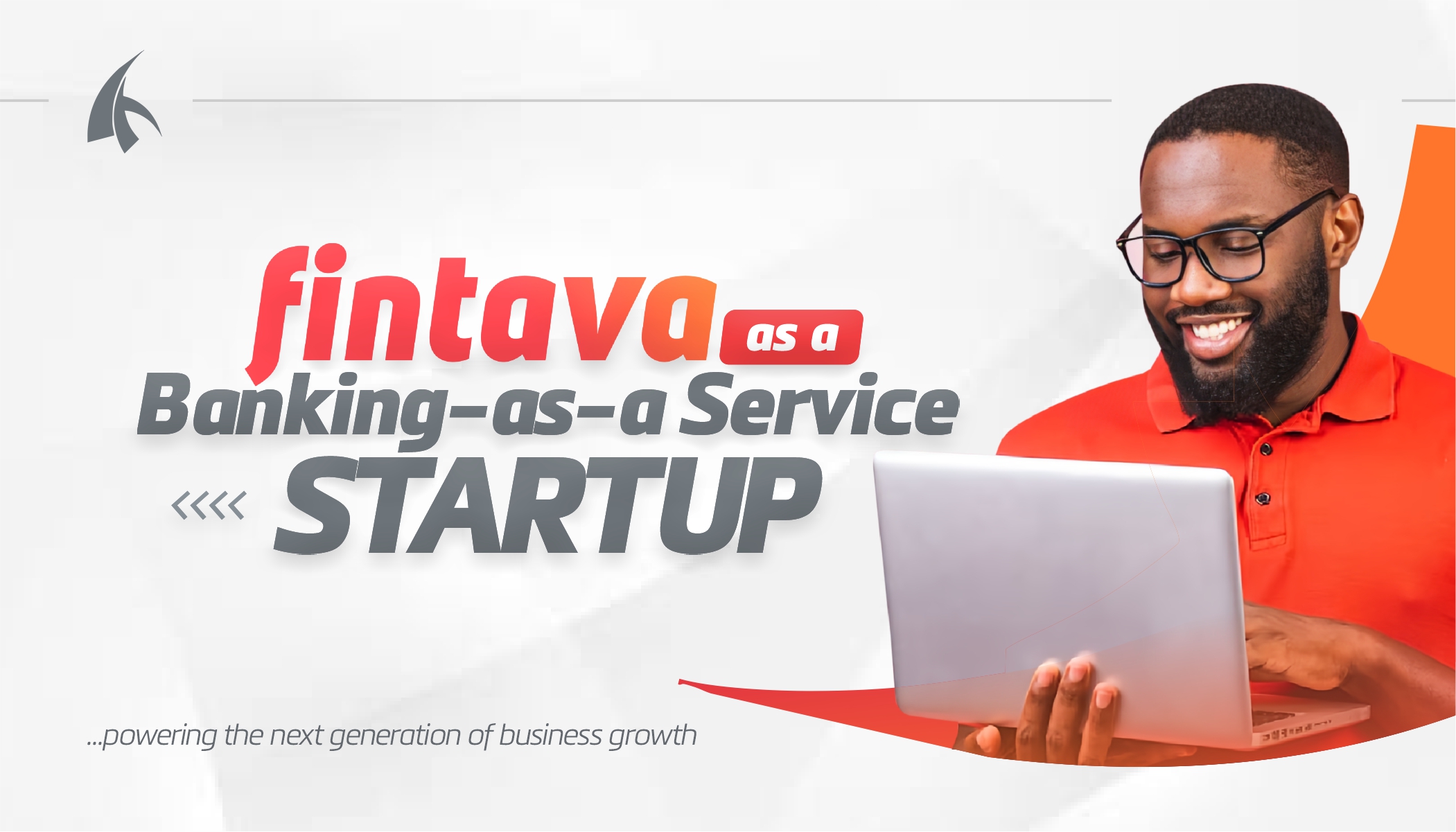Digitising your business and accepting online payments opens you up to more users and subsequently more revenue, but you need to be careful when choosing the right payment gateway.
Not only does a well-chosen gateway streamline customer payments, but it also upholds security, enhances customer trust, and ensures your business stays compliant with regulatory standards. However, overlooking due diligence when selecting a gateway can leave businesses vulnerable to significant risks.
One key consideration in Nigeria is compliance. The Central Bank of Nigeria (CBN) has strict policies governing payment solutions to protect users and prevent fraud. Selecting a payment gateway that doesn’t meet these standards could land your business in regulatory trouble and damage your reputation.
The choice of a payment gateway impacts your operations, legal standing, customer trust, and bottom line. This article explores how to identify the best gateway for your business in Nigeria.
What to consider when choosing a payment gateway in Nigeria
Here’s an expanded look at each factor for selecting the right payment gateway:
Here’s an expanded look at each factor for selecting the right payment gateway:
1. Compliance with Nigerian Regulations
Payment gateways in Nigeria must comply with the Central Bank of Nigeria (CBN) regulations, including standards like the Nigeria Data Protection Regulation (NDPR) and PCI DSS (Payment Card Industry Data Security Standard) compliance. Choosing a gateway that meets these standards protects your business from penalties and keeps sensitive customer data safe. Compliance also indicates that the gateway provider has been thoroughly vetted and follows industry best practices, safeguarding your transactions and boosting customer confidence.
2. Security features
Security is paramount for online transactions, as breaches can result in significant financial and reputational damage. Look for gateways that use advanced encryption, secure socket layer (SSL) technology, and tokenization to safeguard customer data during transmission. Features like two-factor authentication (2FA) and real-time fraud detection systems add extra layers of security by ensuring that only authorized users access transaction information. Gateways that offer automated alerts for suspicious activity help businesses act quickly if any risks arise.
3. Supported payment methods
In a diverse market like Nigeria, where customers have varying preferences, a gateway should support a range of payment options. In addition to standard credit and debit cards, consider gateways that accommodate bank transfers, USSD payments (particularly popular in rural areas with low internet connectivity), and mobile wallets like Paga, OPay, or MTN MoMo. Supporting multiple payment methods makes it easier for customers to complete purchases and reduces friction in the payment process.
4. Transaction fees and hidden charges
Different gateways have unique fee structures, which can impact your bottom line. Some may charge a percentage of each transaction, while others may have fixed per-transaction fees, monthly subscription fees, or a combination of both. Carefully examine the fee schedule to understand all costs involved, including any potential hidden fees such as chargeback fees, cross-border fees, or setup fees. Opting for a gateway with transparent pricing can help you avoid unexpected expenses that might affect profitability.
5. integration with your platform
The ease of integration matters, especially if you want to get your payment system up and running quickly. Many gateways provide APIs or software development kits (SDKs) that streamline integration with your website or mobile app. Some even offer plugins for popular e-commerce platforms like WooCommerce, Shopify, and Magento, simplifying the process further. Ensure the gateway you choose is compatible with your current tech stack to reduce the time and cost associated with setup.
6. Reliability and uptime
A reliable payment gateway with high uptime minimizes service disruptions, which is especially important during peak business hours or special promotions. A reliable gateway should have an uptime rate of 99.9% or higher, as frequent downtime can lead to lost sales and frustrate customers. It’s worth checking if the provider has a history of consistent service and if they offer a backup plan in case of unexpected outages, ensuring that payments continue smoothly.
7. User experience and checkout process
A smooth, fast checkout process can significantly impact conversion rates. Customers are likely to abandon their purchases if they encounter a slow or confusing checkout. Opt for a gateway with a simple, one-page checkout flow that minimizes the number of clicks required to complete a payment. Additionally, choose a gateway that offers a mobile-friendly experience, as many Nigerian customers access websites through smartphones. A clean, straightforward checkout enhances customer satisfaction and reduces the likelihood of abandoned carts.
8. Customer support quality
Payment issues can happen anytime, and quick resolution is essential to maintaining a smooth customer experience. Look for a payment gateway with 24/7 support available through multiple channels, such as phone, email, and live chat. Some providers also offer dedicated account managers or priority support options for businesses with higher transaction volumes. Reliable support minimizes downtime and ensures that any issues affecting payment processing are resolved quickly, reducing potential disruptions to your business.
9. Settlement times
Faster settlement times allow you to access funds more quickly, which is beneficial for cash flow management. Some gateways offer same-day or next-day settlements, while others may take several business days. Consider how long you’re willing to wait for funds to reach your account and choose a gateway that aligns with your business’s cash flow needs. For high-volume businesses, quicker settlement times can enhance operational flexibility and support timely vendor or employee payments.
10. International payments and multi-currency support
If you’re expanding beyond the Nigerian market or serving international customers, a gateway with multi-currency support is essential. Some gateways allow you to accept payments in various currencies and even offer competitive exchange rates, which can help in avoiding additional fees associated with currency conversion. Supporting international payments opens your business to a broader audience, making it easier for foreign customers to pay in their preferred currency, and boosting overall sales potential.
11. Customization options
Customization lets you tailor the payment experience to your brand, creating a more cohesive and professional impression. Some gateways allow you to add logos, adjust colours, or create custom messaging throughout the checkout process, giving customers a seamless branded experience. This can enhance customer trust, as users feel they are transacting directly with your business rather than a third-party provider, thereby reducing potential friction in the payment process.
Choosing the right payment gateway is the key to having an efficient digital business. According to BusinessDay, Fintava is one of the payment gateways that are driving an e-payment boom in Nigeria. Give it a try here.



